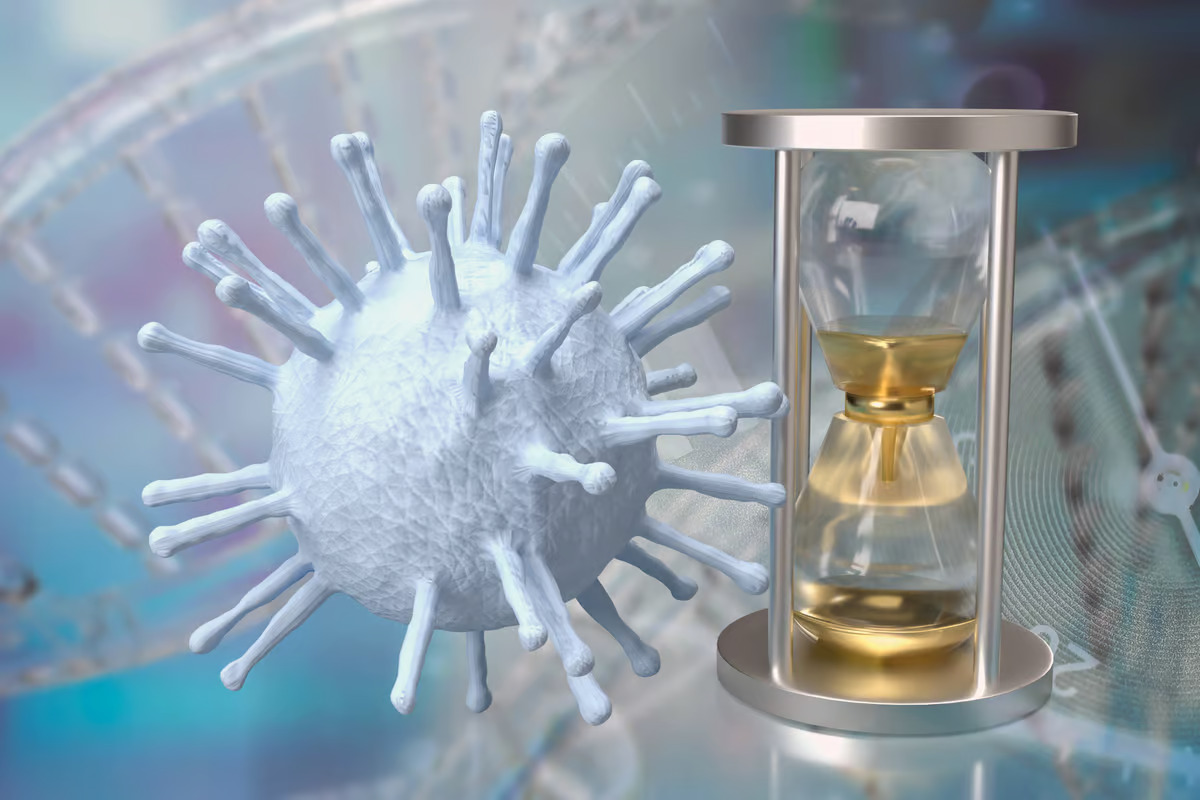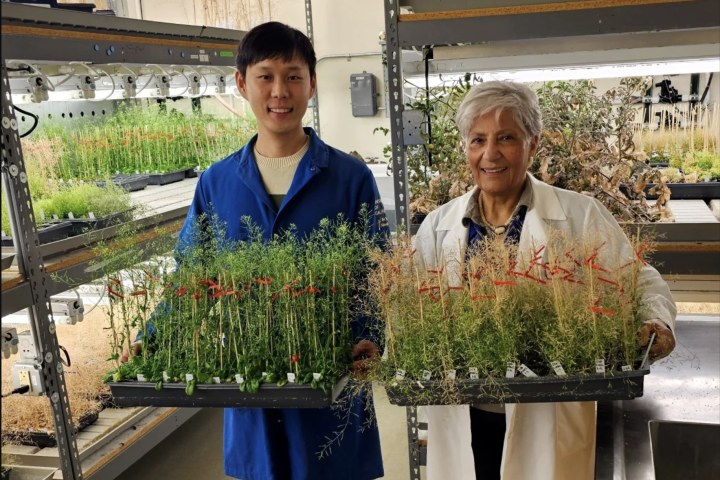 Researchers have identified a blood protein ‘signature’ associated with long COVID. Depositphotos –
Researchers have identified a blood protein ‘signature’ associated with long COVID. Depositphotos –
About 5% of all people infected with SARS-CoV-2 don’t recover from acute disease and develop debilitating long-term symptoms commonly known as ‘long COVID.’ While the causes of long COVID are still unknown, current hypotheses on contributing factors include tissue damage, viral reservoirs, autoimmunity, and persistent inflammation. There are currently no diagnostic tests or treatment solutions for those with the condition.
Using proteomics, the large-scale study of proteins, researchers from the University of Zurich and University Hospital Zurich have identified a pattern in blood proteins in patients with long COVID and the effect of these proteins on a part of the immune system called the complement system.
Part of the innate immune system, the complement system comprises distinct proteins in the plasma and on cell surfaces that react with one another to enhance – complement – the ability of antibodies and phagocytic cells to clear microbes and damaged cells, promote inflammation, and attack pathogens.
The researchers followed 113 COVID-19 patients for up to a year, of which 33% had a disease course classified as severe according to World Health Organization (WHO) criteria. After six months, 40 out of 113 patients had active long COVID. At the 12-month follow-up, 22 of the 40 long COVID patients reported persistent symptoms, whereas 10 had recovered (eight were lost to follow-up).
To identify biomarkers of long COVID, serum was collected from healthy controls and COVID-19 patients during acute infection with the virus and at six-month follow-up, and two high-throughput proteomics approaches were used to measure 6,596 different serum proteins. The researchers observed differences in serum protein levels between patients with severe COVID-19 and those with mild acute COVID-19, and differences between long COVID patients and those without long COVID, during both the acute phase of the infection and at six-month follow-up.
“The analyses of which proteins were altered in long COVID confirmed the excessive activity of the complement system,” said Carlo Cervia-Hasler, the study’s lead author. “Patients with active long COVID disease also had elevated blood levels indicating damage to various body cells, including red blood cells, platelets and blood vessels.”
The researchers say the changes observed in long COVID patients indicate an interaction between complement proteins, which are involved in blood clotting and the repair of tissue damage and inflammation. They noted that blood levels in long COVID patients who recovered returned to normal within six months, suggesting that active long COVID is characterized by the serum protein pattern seen in the study.
“In patients with long COVID, the complement system no longer returns to its basal state, but remains activated and, thus, also damages healthy cells,” said Onur Boyman, corresponding author of the study.
The study’s findings have generated guarded excitement in the medical community.
“This paper helps identify some fundamental immunological disruptions which help us understand the thromboinflammatory effects – affecting blood vessel linings for instance – which can give rise to more generalized systemic problems (all organs have blood vessels),” said Jeremy Nicholson, Professor of Medicine and Director of the Australian National Phenome Center at Murdoch University in Western Australia, who wasn’t involved with the study. “This paper gives new insights into the complement protein perturbations but still does not explain the diversity of long COVID symptoms or their differential expression between individuals. In fact, the work revolves around proteomic data on a relatively small number of patients so in itself is unlikely to explain everything.”
Because the biomarkers identified by the researchers were restricted to patients with long COVID, were diagnostically accurate six months after the onset of symptoms, and were independent of any information of COVID-19 history, the researchers say they have clinical applicability. Available therapeutics that target the complement pathway affected by long COVID could offer new treatment strategies for the condition.
The study was published in the journal Science.
Source: University of Zurich, Scimex
–
























